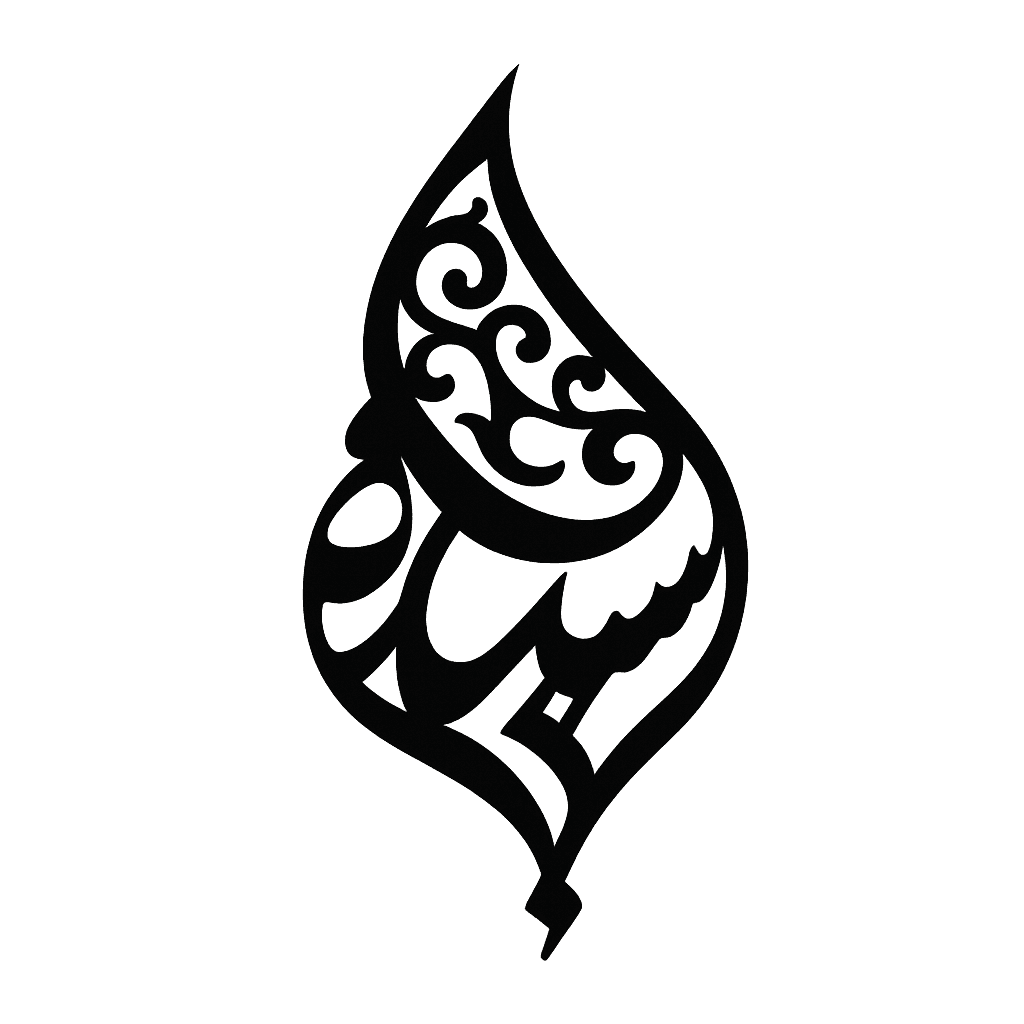Music has always been the soul of my journey , not just a discipline, but a living thread woven through memory, ritual, and resistance. My path began on stage, performing the Santoor and Cello with the Modern Orchestra of Tehran and the Tehran Philharmonic between 1999 and 2008, where I first understood how sound becomes architecture, and how silence, too, can carry meaning.
From 2000 to 2007, I worked closely with the remarkable Prof. Khausrow Maulana in the acoustic music laboratory at the University of Tehran, exploring the physics of resonance and the metaphysics of tone. In those quiet experimental spaces, I began to hear echoes , of ancient instruments, of forgotten voices, of questions the future had not yet asked.
Between 2002 and 2004, I helped found the music section of the Young Artist Program at Sooreh University, nurturing emerging talents during a time when Iran’s cultural spaces were in need of rebuilding. A few years later, I joined the Science Section at UNESCO’s Tehran office (2007–2008), where I contributed to interdisciplinary projects connecting culture, education, and scientific research.
In winter 2012, I traveled to South India, entering sacred temple spaces where music breathes as devotion. Immersed in the rituals of Dravidian religious culture, I recorded traditional rhythms and melodies , sonic traces that continue to shape my ethno-archaeological understanding of music as collective memory.
Between 2014 and 2016, I curated and coordinated the archive project “Voices from Beyond” — a collaboration between Berlin and Tehran that sought to preserve early recordings of Iranian music captured on wax cylinders. These fragile, crackling archives—some of the oldest audio documents of Iranian voices, were saved from disappearance with the support of the German Ministry of Foreign Affairs.
From 2019 to 2022, during the isolating years of the COVID-19 pandemic, I initiated and led an Archaeomusicological research group that contributed to international conferences at Freie Universität Berlin and Leiden University. These efforts helped establish a broader academic interest in Archaeomusicology for Iran—a long-overlooked yet profoundly rich field among Iranian studies scholars, musicians and Archaeologists.
Across all these experiences — performance, research, preservation — my belief remains unchanged: that music is not only an art, but an archaeology of the soul. Through each note and silence, we uncover who we were, and who we still might become…


